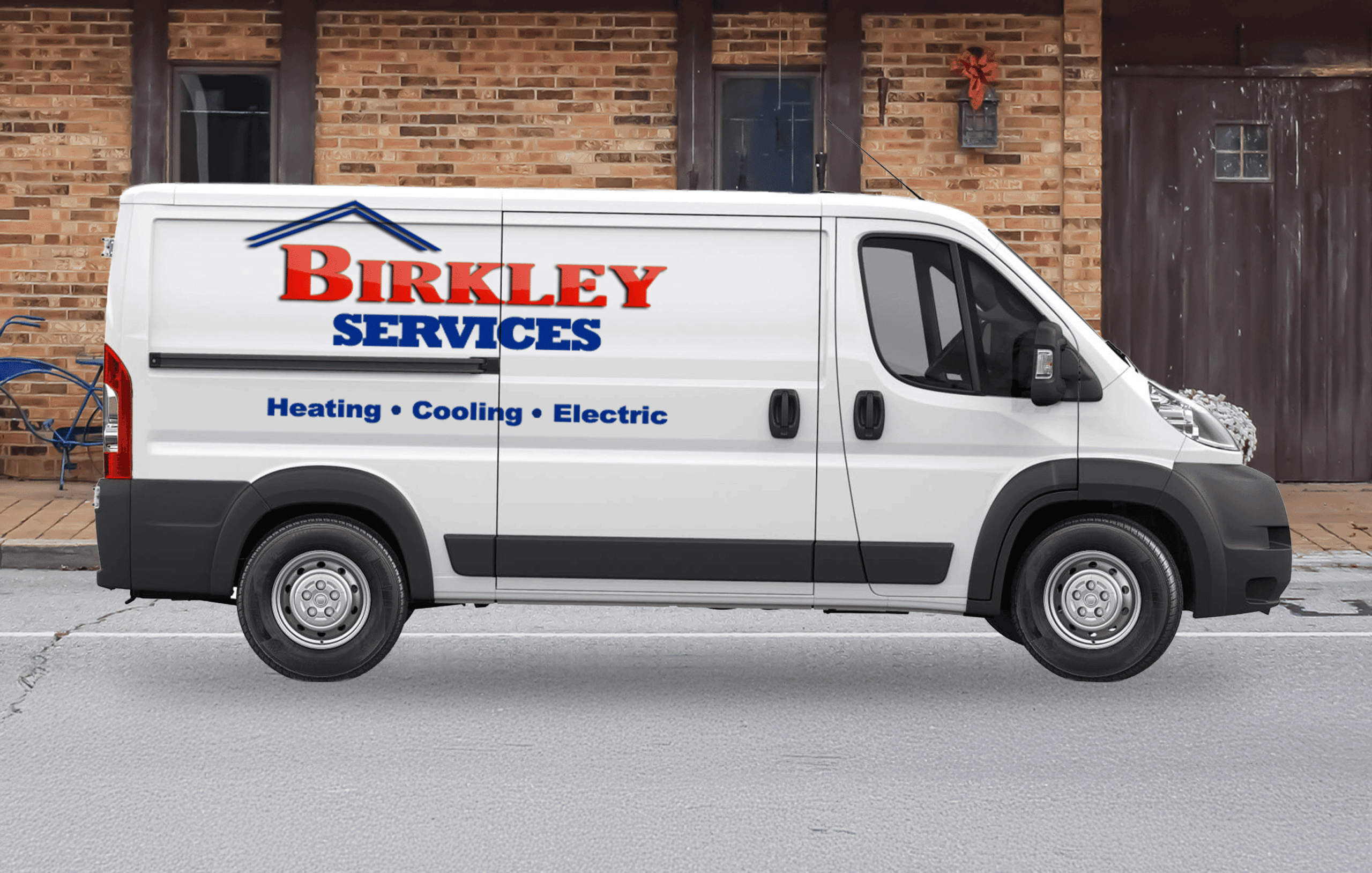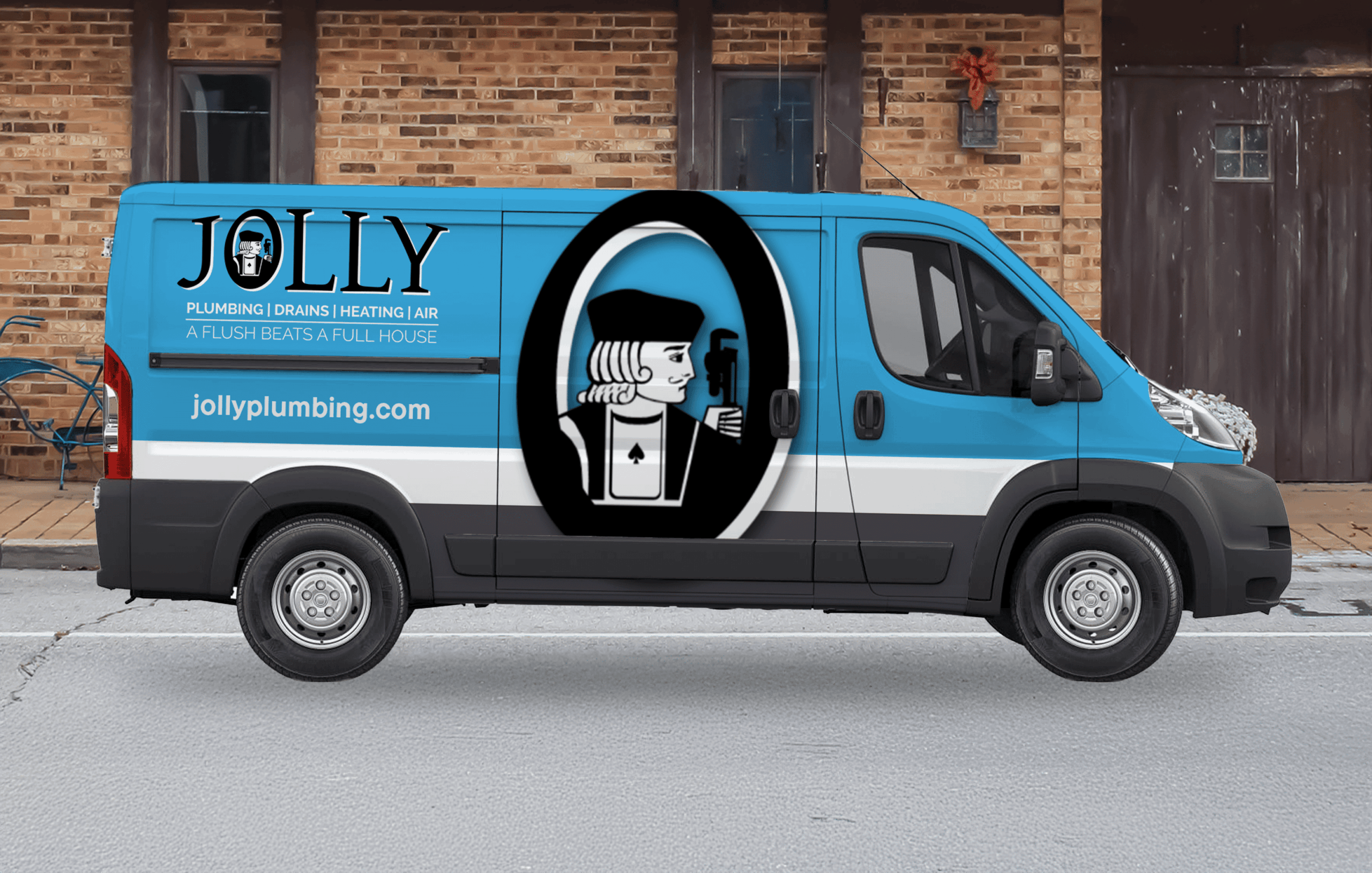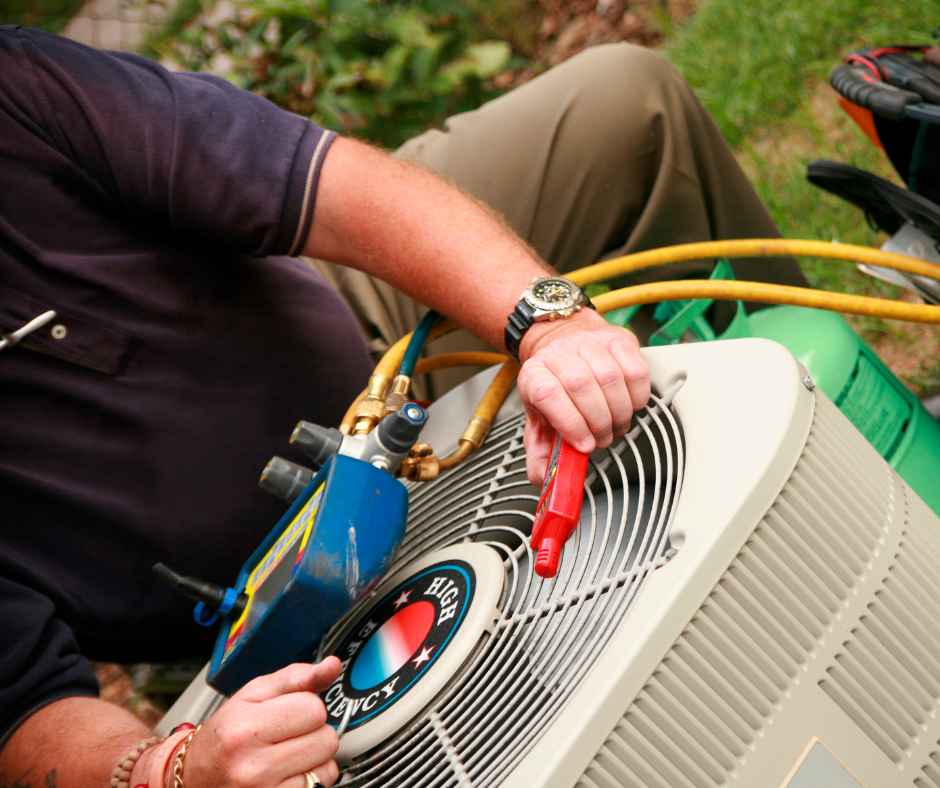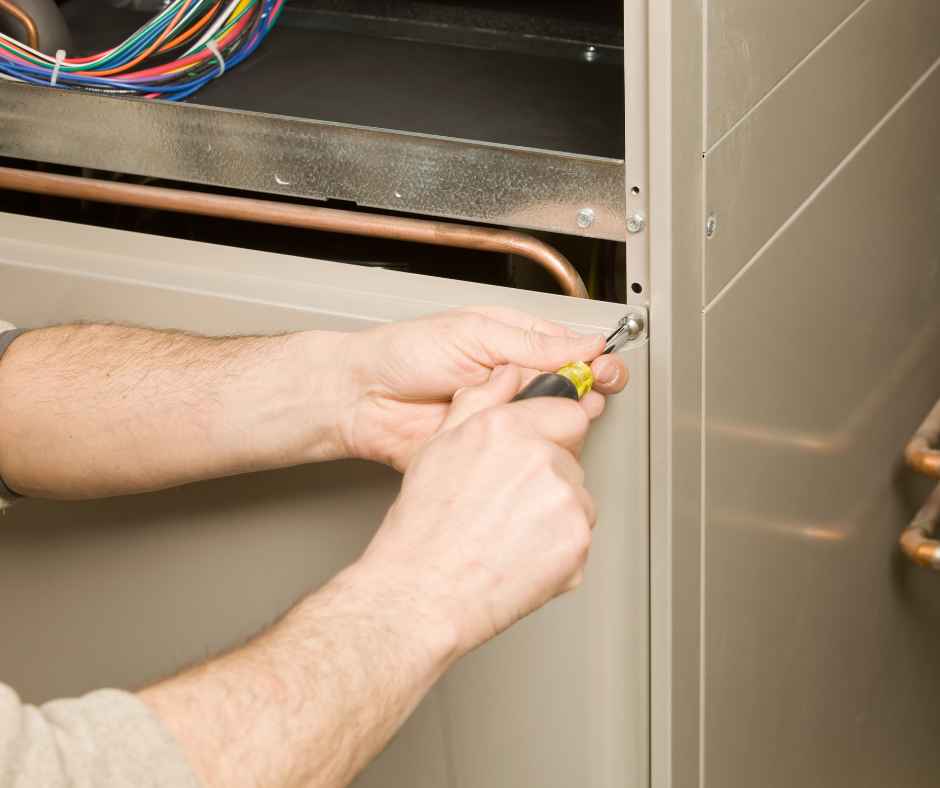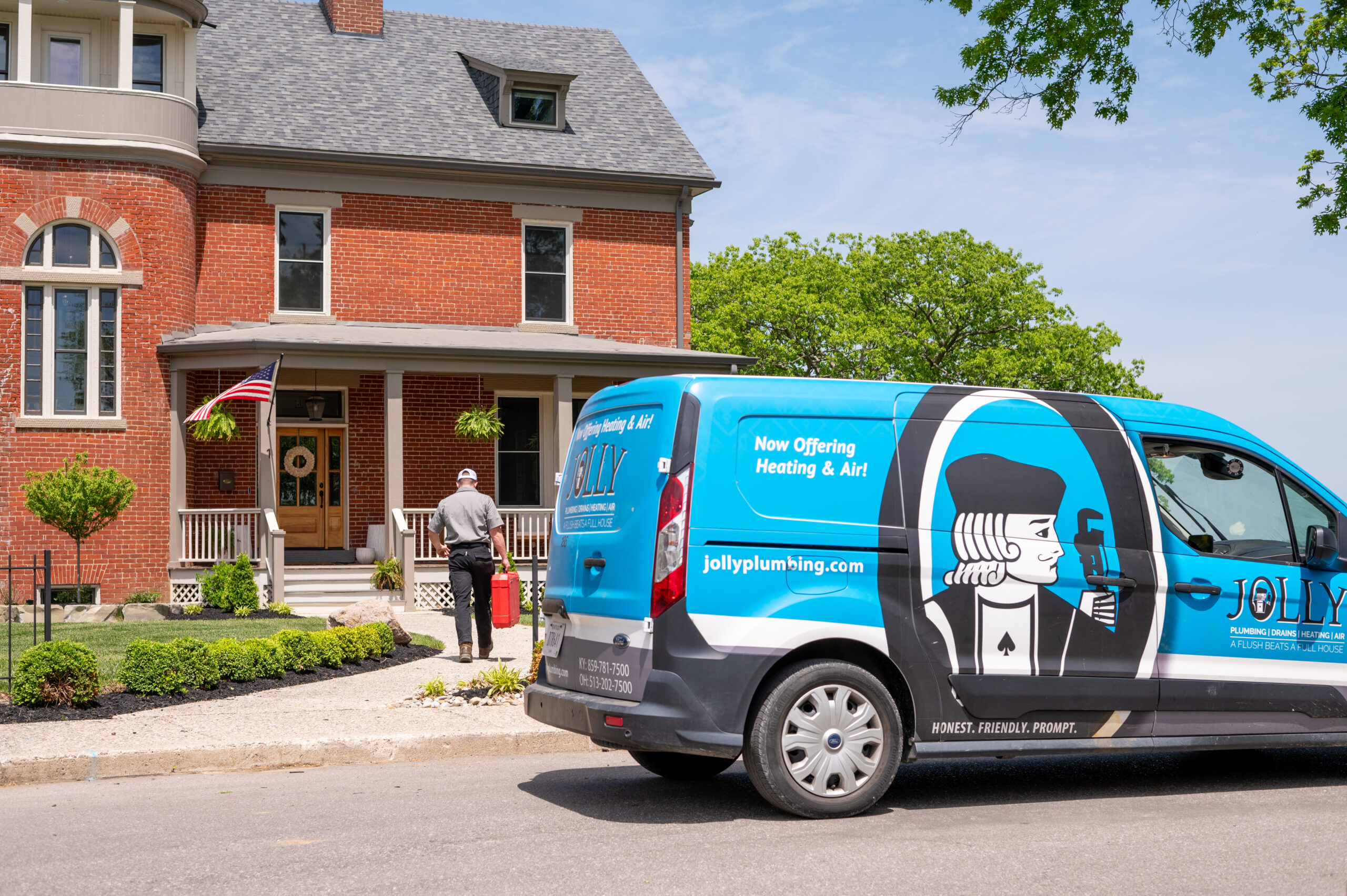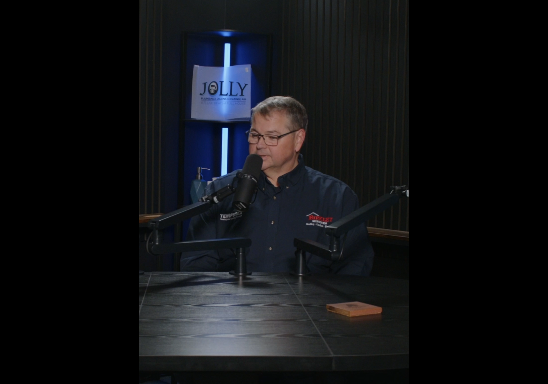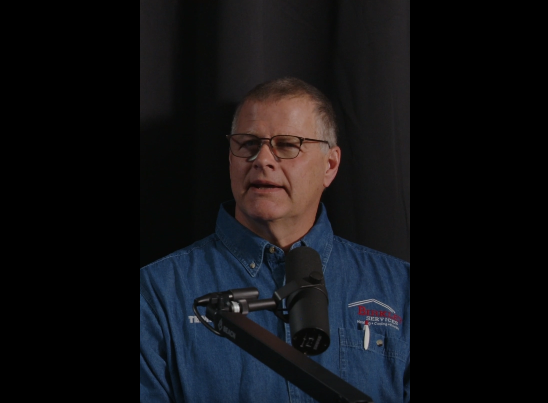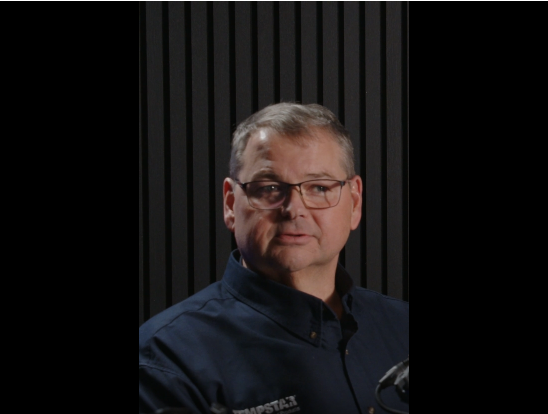The average person spends around 92 days of their life sitting on the toilet! While this might seem like a silly statistic, the point is that your plumbing system is a vital part of your home.
Indoor plumbing is a normal part of life here in the U.S., but most homeowners encounter plumbing problems from time to time.
If you’re a homeowner or planning to be one soon, you might want to learn more about common plumbing problems. Here are nine of the most common ones you might experience if you own a home.
1. Clogged Drains
Many people hire residential plumbers for help with clogged drains. But, unfortunately, developing a clog in a drain is not uncommon. In fact, most homeowners experience this issue from time to time.
When you have a clogged drain, you’ll need drain cleaning services. A plumber comes to your home and unclogs the drain through various methods.
In some cases, plumbers might use a snake to clear the line. In other cases, they might need to use a drill or a different type of equipment.
The goal is to free the clog, so the water moves freely down the pipe.
In the future, you might want to take some preventative steps to avoid clogs. For example, you might want to place some type of filter over your drains to prevent hair and debris from entering them.
2. Running Toilet
Running toilets is another one of the top plumbing issues that homeowners have.
When a toilet keeps running, you waste water and energy. Your water pump might keep coming on when this occurs, and you’ll use more water than necessary.
A toilet can continuously run for many reasons, but generally, it’s not a difficult fix. A residential plumber can determine which part is causing this to occur and make the necessary repairs.
3. Dripping Faucet
Plumbing repairs often involve fixing faucets, too. A dripping faucet can be a nuisance if you hear the drip all the time, but that’s not the only problem with a dripping faucet.
A dripping faucet also causes you to use more water than necessary. Once again, using more water than necessary also results in using more energy from the water pump.
Additionally, when your water pump runs more often than it should, you place more strain on it, which might lead to it wearing out faster.
A plumber can repair a dripping faucet in some cases. In other situations, they might recommend replacing the faucet.
4. No Hot Water
Hiring a plumber is also a necessity when your water heater stops working. When you realize you have no hot water, you’ll likely call a plumber right away.
Most water heaters last for 10 to 15 years. If yours is older than this, it might be time to replace it. If it’s not this old, a plumber can probably fix it.
Water heaters stop working for a number of reasons. For many homeowners, the reason is hard water. Sediment from hard water collects in a hot water heater and can prevent it from working.
5. Low Water Pressure
Many homeowners also hire plumbers when they have low water pressure. If you have low water pressure in just one fixture, you might have a problem with that fixture.
If your entire home plumbing system has low water pressure, you’ll need a plumber to diagnose the problem. Once they find the problem, they’ll offer the best solutions.
For example, some homes have low water pressure due to clogged pipes. If your pipes are too old, they might contain a lot of buildup, which restricts the water flow. Replacing the old pipes might solve the problem.
6. Pipe Leaks
Homeowners often experience leaks in their pipes, too, making this another common plumbing problem. When you have leaks in your pipes, the leaks can lead to many other problems.
Water leaks can cause water damage, which can lead to mildew and mold forming in your home. Water leaks also cause you to use more water than necessary.
If you know of a water leak in your home, don’t ignore it.
7. Sewer Clogs
Whether your home has a septic system or is connected to a city sewer system, you can develop sewer clogs. Sewer clogs are one of the worst plumbing issues, as they can leave raw sewage in your house.
A clog that develops in your home’s main sewer line prevents the wastewater from leaving your home. This wastewater typically comes back into a house through the tub drains.
If you have a sewer clog, you’ll need immediate help from a plumber.
8. Garbage Disposal Issues
If your home has a garbage disposal, you might encounter some plumbing issues with it. A garbage disposal might get jammed, for example. It can also get clogged.
Garbage disposals are convenient to have when they work properly, but they can be a nuisance if they get clogged or jammed. A plumber can help you determine if they can fix it. If not, they can replace yours for you.
If you have garbage disposal issues, be very careful if you try to fix the problem yourself, as disposals contain powerful blades.
9. Water Pump or Well
The final common plumbing problem that many homeowners have involves issues with the water pump or well. If your home relies on a well for the water, you’ll know there’s a problem when you have no water.
If you have no water, you might need a new well or a new water pump. A residential plumber can test these things to diagnose the problem. Once they know the cause of the water issue, they’ll make the necessary repairs.
Learn the Common Plumbing Problems to Prepare for Homeownership
If you want to buy a house or already own one, you will likely encounter some of these common plumbing problems. When you do, you’ll need to contact a plumber you can trust.
If you live in Ohio or Kentucky, you can contact us to learn more about our services or schedule an appointment online for repairs.
